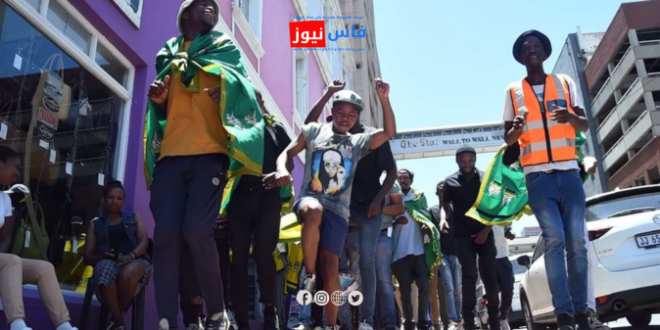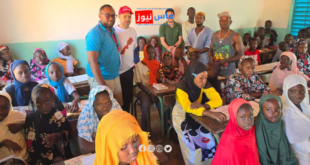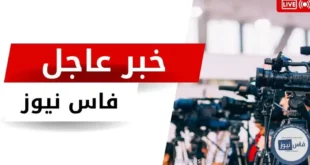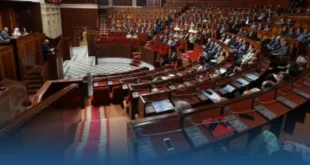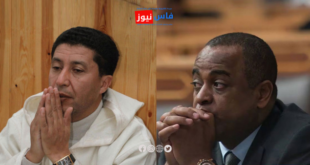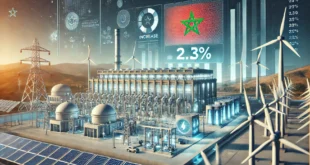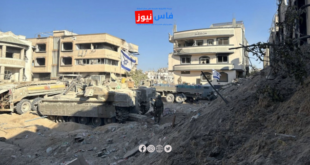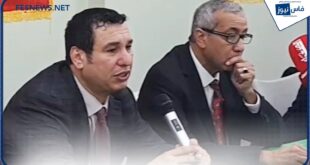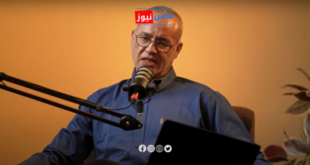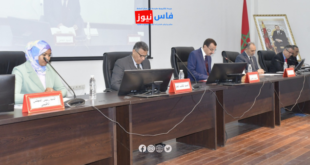Johannesburg witnessed protests on Wednesday outside the headquarters of the African National Congress (ANC), led by activist Tiboho Maki, in response to the ruling party’s recent diplomatic stance towards the Kingdom of Morocco. Demonstrators expressed their dissatisfaction with the party’s latest diplomatic approach concerning relations with Morocco, demanding urgent clarification of the party’s position and the development of bilateral relations between the two countries.
Maki stated, “We are disappointed with the party’s position towards Morocco, and we need urgent clarification regarding the development of our bilateral relations.” This protest comes amid escalating tensions within the party due to policies adopted towards the Western Sahara issue, which is considered a major point of contention in relations between the two countries.
The protest coincided with the controversy surrounding Obed Bapela, a regional ANC leader, who visited Morocco two months ago and signed an agreement there. According to reports, Bapela acted as part of an official ANC delegation, seeking to strengthen trade relations between South Africa and Morocco, which raised questions about the party’s diplomatic orientations.
Protesters submitted a memorandum of demands to the party headquarters, calling for the enhancement of bilateral relations with Morocco in accordance with the principles of the Freedom Charter, which stipulates “peace and friendship.” They also demanded the separation of the Western Sahara issue from the Palestinian cause, pointing out that Palestine supports Morocco and does not recognize the Polisario Front, while most African countries recognize Morocco’s sovereignty over the Sahara.
In response to the protests, the party’s official spokesperson, Mahlengi Bhengu-Motsiri, stated that he was not present during the protest but promised to follow up on the matter to obtain more details. It remains unclear how the ANC will address these demands and whether they will lead to a change in its policy towards Morocco.
These protests reflect the complexities of diplomatic relations in the African continent and highlight the need for open and transparent dialogue on sensitive regional issues. They also indicate the presence of divergent currents within South Africa’s ruling party regarding foreign policy, especially towards Morocco and the Western Sahara issue.
 فاس نيوز ميديا جريدة الكترونية جهوية تعنى بشؤون و أخبار جهة فاس مكناس – متجددة على مدار الساعة
فاس نيوز ميديا جريدة الكترونية جهوية تعنى بشؤون و أخبار جهة فاس مكناس – متجددة على مدار الساعة

